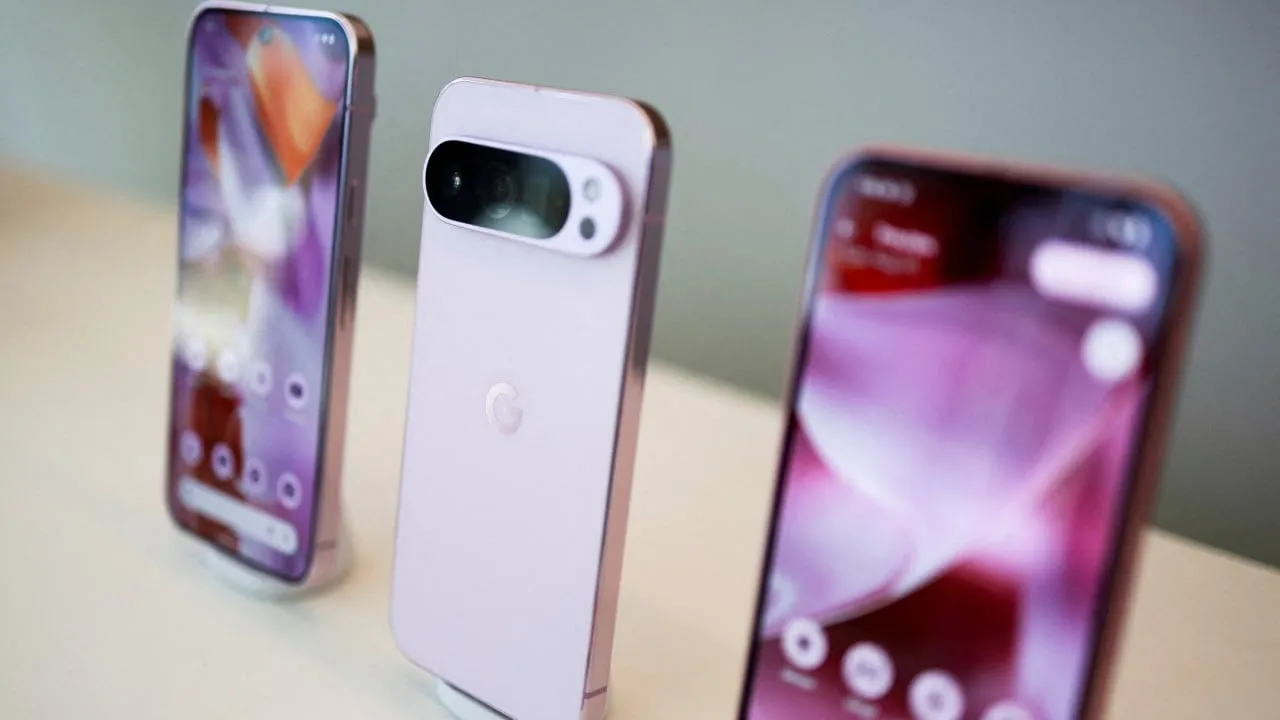Indonesia's Ban on Pixel Smartphones: Impact on Tech-Related Investments

Pixel Smartphones Banned in Indonesia
Indonesia has prohibited sales of Google’s Pixel smartphones due to regulations mandating the inclusion of locally manufactured components, following a similar action against Apple’s iPhone 16.
Local-Content Requirements
The ban on Google’s Pixel smartphones arises from its failure to comply with Indonesia's local-content requirements, which stipulate that at least 40% of components must be domestically produced.
- Febri Hendri Antoni Arief, from Indonesia's Ministry of Industry, emphasized the need for fairness among investors.
- Consumers can still purchase Pixel smartphones overseas, but may face penalties for illicit sales within the country.
Market Reactions
Bhima Yudhistira of the Centre of Economic and Law Studies criticized the bans as “pseudo” protectionism, arguing they damage consumer interests and deter potential investors.
Despite Google and Apple facing challenges, Chinese firm Oppo and Samsung Electronics dominate the Indonesian smartphone market.
The Future of Tech-Related Investments in Indonesia
As Indonesia continues to solidify its local content requirements, tech firms may need to adapt to maintain market access, potentially transforming the landscape for tech-related investments in Southeast Asia.
This article was prepared using information from open sources in accordance with the principles of Ethical Policy. The editorial team is not responsible for absolute accuracy, as it relies on data from the sources referenced.